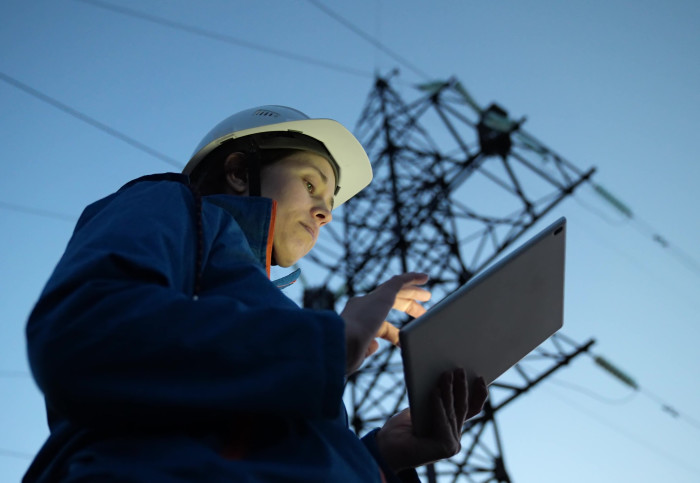Meet the women breaking new ground in the power sector

Women are underrepresented in the global power sector, but the industry is changing for the better, according to some of its leading engineers.
When Lina Ramirez was searching for a bachelor’s degree in Colombia in 2002, she knew she didn’t want to follow her family into a career in medicine. She began visiting universities for inspiration and found herself drawn to electrical engineering.
When she started, Lina was the only woman in her class. “This is not for women, it’s only for men,” she was told at the time. But she refused to be put off; she completed the programme and went on to gain a master’s degree and later a PhD in power systems.
“You are impacting society working in power systems… It doesn’t matter if you are a man or a woman.” Dr Lina Ramirez R&D Specialist, XM
Today, Dr Ramirez works for XM, the independent system operator of Colombia’s power system, leading its work on the integration of distributed energy resources to the grid. She has no regrets about choosing a career in engineering.
“For me, it was a great decision,” she says. “You are impacting society working in power systems… It doesn’t matter if you are a man or a woman”.
Lina’s story, replicated in the experiences of countless women the world over, is highlighted in a new series of videos produced by an independent team at Imperial College London on behalf of the Global Power System Consortium (G-PST) with the support of NREL and USAID.
The videos, which aim to showcase the breadth of careers available in the power sector, feature interviews with leading women engineers and executives, including Roisin Quinn OBE, National Grid’s Head of Customer Connections.

Previously at the helm of National Grid ESO’s control room, Roisin was responsible for the real-time operation of Britain’s electricity grid during the first COVID-19 lockdown, a period which saw electricity demand plummet and presented unprecedented challenges for the electricity system operator.
“It was such a privilege to be involved in that, working with such a great team to solve those problems, and really, really conscious of the immediate impact we were having on people’s lives,” she says. “It really focussed the mind on what a net-zero power system might look like.”
Roisin describes being conscious of sometimes being the only woman in the room, but says the industry is changing and that all talent will be needed if we are to reach the target of reducing greenhouse gas emissions to net zero.
“There’s so much to be done, there are so many exciting roles. My advice to other young women is often not to overthink it, just to lean in and recognise the wealth of options that are out there.”
Unlocking talent
Unlocking the talent needed to reach net zero and increasing gender equality in the global transition to clean energy is central to Imperial’s work with the G-PST, a pioneering partnership of the world’s leading electricity system operators and energy research institutions.
Working via Imperial Consultants, the team is leading the consortium’s pillar on workforce development, with power system academics collaborating on a new university curriculum and developing upskilling programmes for system operator staff.
Through its ‘Women in Power System Transformation’ initiative, the G-PST is developing courses designed to explore stories of women’s journeys to leadership in power system operations, gender equality and empowerment, and cutting-edge power system technical topics.
Course content will be available for online and in-person use at no cost to universities and professors around the world.
For more information on the G-PST Consortium and its Women in Power System Transformation initiative, visit globalpst.org.
Article text (excluding photos or graphics) © Imperial College London.
Photos and graphics subject to third party copyright used with permission or © Imperial College London.
Reporter
Conor McNally
The Grantham Institute for Climate Change
